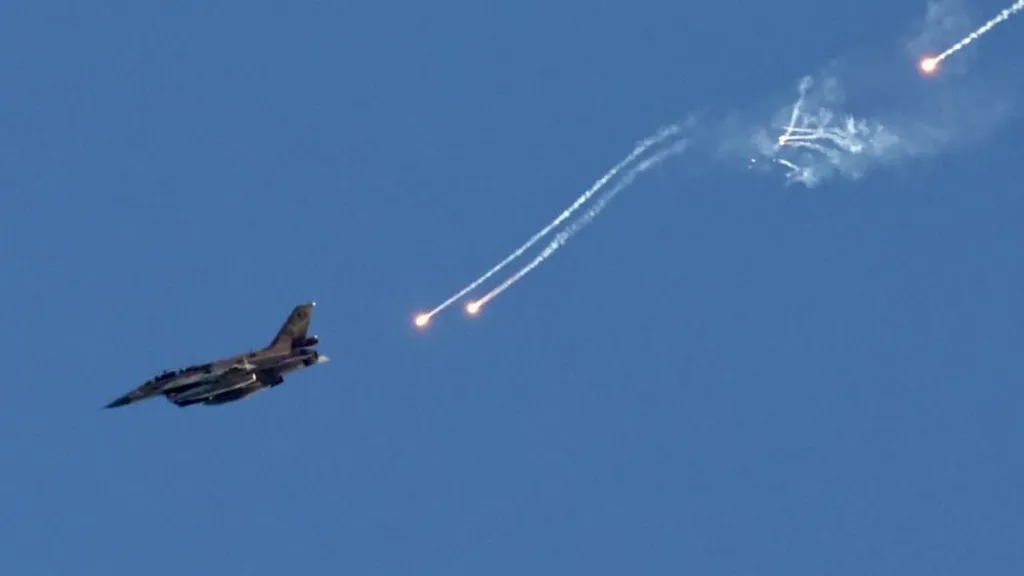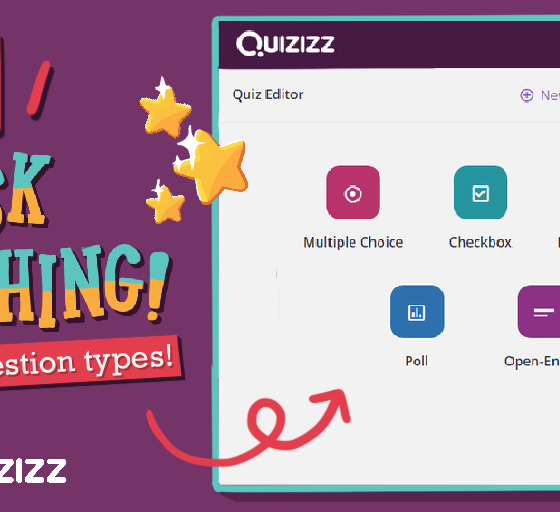News
Israel and Hezbollah Say They Don’t Want War – But They Are Both Ready for It

The recent exchange of strikes between Israel and Hezbollah marks a significant escalation in the ongoing conflict. Both parties have publicly stated their reluctance to engage in a full-scale war, yet their actions and military readiness suggest otherwise. This article examines the latest developments, their readiness context, and the region’s implications.
Recent Escalation
Table of Contents
Major Strikes on Sunday Morning
- Israeli Airstrikes: On Sunday morning, the Israeli military launched what it described as pre-emptive strikes on Hezbollah targets across southern Lebanon. Reports indicate that around 100 fighter jets were involved in this operation, making it the most prominent Israeli attack on Lebanon since the 2006 war.
- Hezbollah’s Retaliation: In response, Hezbollah fired over 300 rockets and missiles into northern Israel, targeting military facilities. Air raid sirens were activated in northern Israel as a result of the strikes.
Timeline of Events
- Israeli Strikes: The attacks by Israel occurred at approximately 04:30 local time (01:30 GMT).
- Hezbollah’s Response: Hezbollah’s retaliatory strikes began around 05:00 local time, targeting locations deep within Israel, including Tel Aviv.
Background and Context
Historical Tensions
- 2006 War: The current escalation is reminiscent of the 2006 war between Israel and Hezbollah, which was marked by intense fighting and significant casualties on both sides.
- Recent Assassinations: The recent exchange follows the assassination of Hezbollah commander Fouad Shukr in Beirut on July 30 and the alleged assassination of Hamas leader Ismail Haniyeh in Tehran. These events have heightened tensions and contributed to the current conflict.
Diplomatic Efforts
- Ceasefire Negotiations: Efforts to establish a ceasefire in Gaza and address the broader regional conflict have been unsuccessful. Despite intense U.S. diplomatic pressure, no agreement has been reached.
- Regional Impact: The fear is that the conflict could escalate further, potentially leading to a broader regional war involving multiple fronts.
Military Capabilities
Israeli and Hezbollah Forces
- Israel: Israel’s military is prepared to fight on two fronts: Gaza and its northern border with Lebanon. The Israeli Defense Forces (IDF) have mobilized substantial resources and are ready for prolonged engagement.
- Hezbollah: Hezbollah, with an estimated arsenal of 150,000 rockets and highly trained fighters, presents a significant challenge. The group’s capabilities are far superior to those of Hamas, raising concerns about the potential scale of the conflict.
Comparison Table: Military Capabilities
| Aspect | Israel | Hezbollah |
|---|---|---|
| Rocket Arsenal | Limited, with advanced defense systems | Approximately 150,000 rockets |
| Military Training | Well-trained, extensive resources | Highly trained, combat experience in Syria |
| Conflict Readiness | High: Mobilized and prepared for dual fronts | High: Fortified positions and substantial armament |
Humanitarian Impact
Displacement and Damage
- In Israel: Tens of thousands of residents in northern Israel have been evacuated from their homes due to the conflict. Many have lost their businesses and face significant disruptions to their lives.
- In Lebanon: Southern Lebanon has also seen mass evacuations as residents flee from potential Israeli strikes. The humanitarian situation in both regions is increasingly dire.
FAQs
Why have the recent strikes between Israel and Hezbollah escalated?
The recent escalation is due to a combination of historical tensions, recent assassinations, and failed diplomatic efforts. Both parties have engaged in significant military actions, indicating a high level of readiness for further conflict.
What is the current state of diplomatic efforts?
Despite ongoing diplomatic efforts, particularly from the U.S., there has been no successful resolution or ceasefire agreement. The conflict continues to intensify with no immediate end in sight.
How do the military capabilities of Israel and Hezbollah compare?
Hezbollah has a larger rocket arsenal and well-trained fighters, making it a formidable opponent compared to Hamas. Israel, however, has advanced defense systems and is prepared for engagement on multiple fronts.
Conclusion
The recent escalation between Israel and Hezbollah highlights the fragile state of peace in the region. While both sides publicly claim they do not seek full-scale war, their actions and military readiness suggest otherwise. The conflict’s potential to escalate further poses significant risks to regional stability and humanitarian conditions. Continued international efforts to mediate and resolve the situation are crucial to preventing a broader conflict.

















